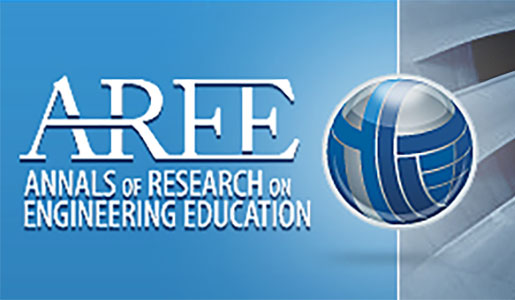Article: Effects of Laboratory Access Modes upon Learning Outcomes
Laboratory work is a vital part of an undergraduate Engineering program, but it is expensive to provide. Alternative access modes offer potential solutions to the resource challenges of laboratory work, and there have been a number of papers in the field of remote and virtual laboratory classes. This literature has focussed mainly upon technical feasibility of the remote or virtual laboratory, but there has been little in the way of rigourous pedagogical evaluation – at most, students’ positive feelings towards the hardware are recorded.
This paper moves beyond this to address the issue of the learning outcomes of the laboratory class – whether these alternative access modes are able to create the kind of learning that is the objective of the laboratory experience. The literature on Distance Education suggests that separation can lead to changes in learning outcomes; the literature on computer-assisted learning shows that computer-mediated interfaces can also affect the students’ learning. The combination of these two effects potentially leads to a substantially different learning environment for students in the alternative access modes – which should ultimately change the way they construct their learning.
The paper reports on a study of a laboratory class in a 3rd year Data Acquisition subject. The students were allocated to one of three mutually-exclusive access modes, and the same evaluation metrics were applied to measure their outcomes. The findings of the paper are simple – the three access modes are not equivalent. Each mode has learning outcomes that are demonstrated more, and outcomes that are demonstrated less by the students. There are also significant differences in the students’ perceptions of the objectives of the laboratory class – they believe that they are meant to learn different things in the different modes.
The key contribution of this paper is the finding that these modes are not equivalent. The generalisation of this result – to other cohorts, to other contexts, to other laboratories – is part of the ongoing research agenda of the authors. Delving into the causes of the differences is also an important part of ongoing research – to determine what it is about each mode that supports specific learning outcomes.
Remote and Virtual laboratory classes are not equivalent to proximal laboratory classes. They create different learning environments, and support different kinds of learning outcomes. The challenge now is to determine how, and why.
Author 1: Euan Lindsay [email protected]
Author 2: Malcom Good [email protected]
Article Link: http://ieeexplore.ieee.org/xpl/RecentIssue.jsp?puNumber=13

